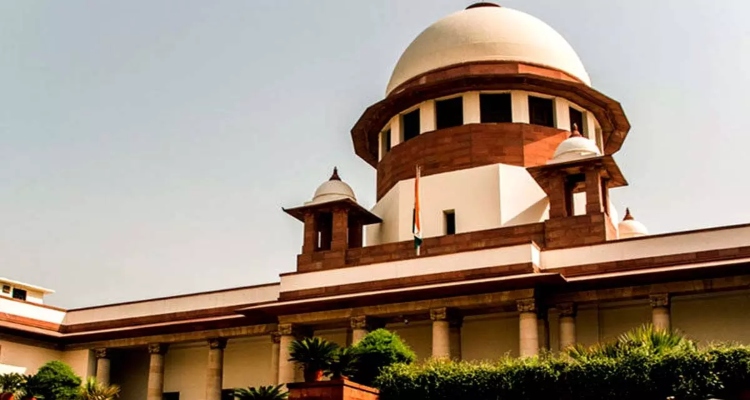
The Supreme Court on Monday has ruled that the bail conditions should not intrude on the private life of an accused individual in a criminal case.
A bench comprising of Justices Abhay S Oka and Ujjal Bhuyan overturned a Delhi High Court bail condition that required a Nigerian national to share his Google Maps pin with the investigating officer in a drugs case.
Justice Oka, delivering the verdict, stated, “There cannot be a bail condition defeating the very objective of bail itself. We have said Google pin cannot be a bail condition. There can’t be a bail condition enabling the police to constantly track the movement of the accused. Police cannot be allowed to peep into the private life of the accused on bail.”
Court Orders
The verdict was issued in response to a plea by Frank Vitus, a Nigerian national who challenged the bail condition in his drugs case. On April 29, the Supreme Court had reserved its verdict and indicated it would examine whether the Delhi High Court’s condition requiring an accused to “drop a Google pin” from their mobile phone to track their movements while on bail violated the fundamental right to privacy.
In a landmark decision on August 24, 2017, a nine-judge Constitution bench had unanimously declared that the right to privacy was a fundamental right under the Constitution.
The Supreme Court noted that such a condition prima facie violated the right to privacy of the accused on bail. The court also observed that similar bail conditions of sharing Google pins had been imposed by the high court on other accused individuals in different cases.
History
On February 8, the Delhi High Court granted bail to Raman Bhuraria, who was arrested in connection with a money laundering probe related to an alleged Rs 3,269 crore financial irregularity case against Shakti Bhog Foods Ltd. The high court imposed several bail conditions, including the requirement for the applicant to “drop a Google pin location from his mobile phone to the IO concerned which shall be kept operational throughout his bail.”
The Supreme Court’s ruling underscores the importance of protecting the fundamental right to privacy even while imposing bail conditions.




